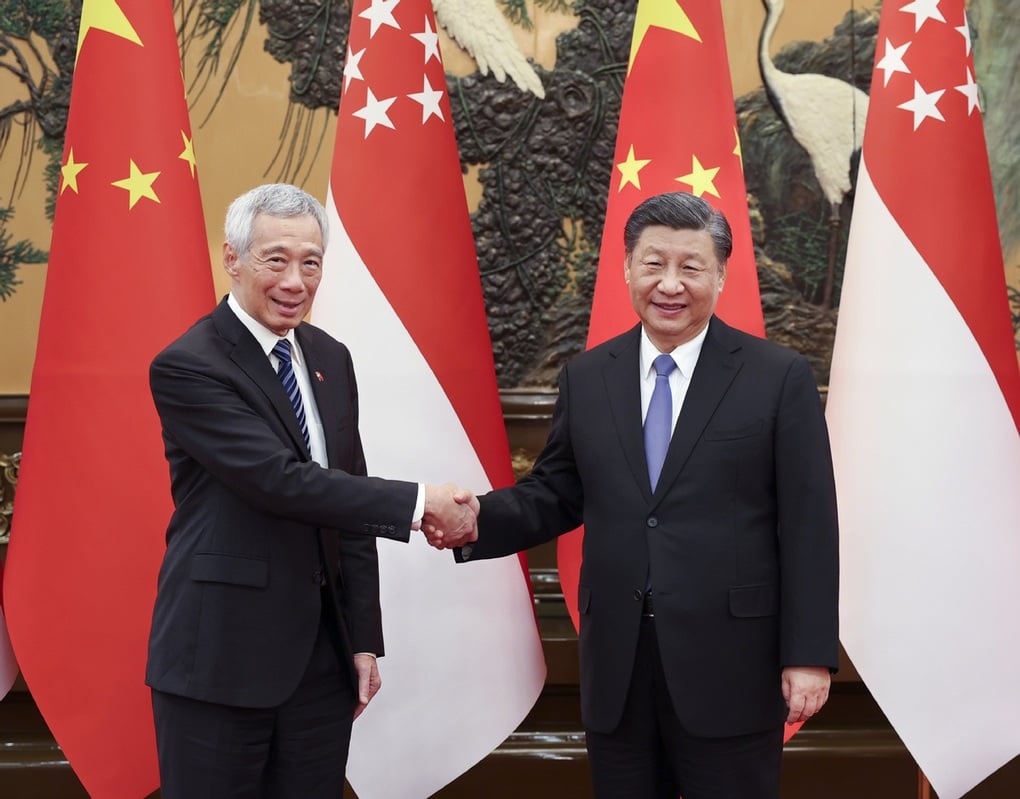
Chinese President Xi Jinping meets Singaporean Prime Minister Lee Hsien Loong in Beijing in 2023. The two countries upgraded bilateral relations during this trip (Photo: Xinhua).
Beijing upgraded its bilateral relations with 17 countries and territories in 2023, most of them from developing countries, according to a Bloomberg analysis of Chinese Foreign Ministry statements.
This is an unprecedented pace in the first decade of Chinese President Xi Jinping's tenure, according to Bloomberg .
Specifically, China has upgraded relations with five countries in Asia (Turkmenistan, Kyrgyzstan, Singapore, Georgia and East Timor) and five countries in Africa (Gabon, Democratic Republic of Congo, Benin, Zambia and Ethiopia).
Elsewhere, the list of countries and territories upgrading relations with Beijing in 2023 includes Venezuela, Uruguay, Colombia, and Nicaragua in Latin America; Syria and Palestine in the Middle East; and the Solomon Islands in the South Pacific.
Bloomberg commented that while Washington builds a diplomatic strategy that depends on alliances with mainly rich countries, Beijing is doing the opposite, attracting developing countries.
“As strategic competition with the US deepens, China is increasingly looking to strengthen its partnership base with more countries,” said Yun Sun, director of the China Program at the Stimson Center.
China has different names for its diplomatic relations.
For example, it has “all-weather strategic partnerships” with Pakistan, Belarus, and Venezuela, describing a friendship that endures under the test of various circumstances. With the United States, Beijing describes the relationship as a “new type of major power relationship.”
The China-Singapore relationship was upgraded to a "High-quality Comprehensive Partnership for the Future" in April 2024, reflecting the two countries' commitment to cooperation in areas such as the digital economy and green development.
China uses the word “strategic” to describe many of its new relationships, signaling that the two sides can not only exchange and cooperate bilaterally but also coordinate on international and regional issues, according to the China Institute of International Studies, a think tank under Beijing’s Ministry of Foreign Affairs.
Source





![[Photo] Closing of the 11th Conference of the 13th Central Committee of the Communist Party of Vietnam](https://vstatic.vietnam.vn/vietnam/resource/IMAGE/2025/4/12/114b57fe6e9b4814a5ddfacf6dfe5b7f)

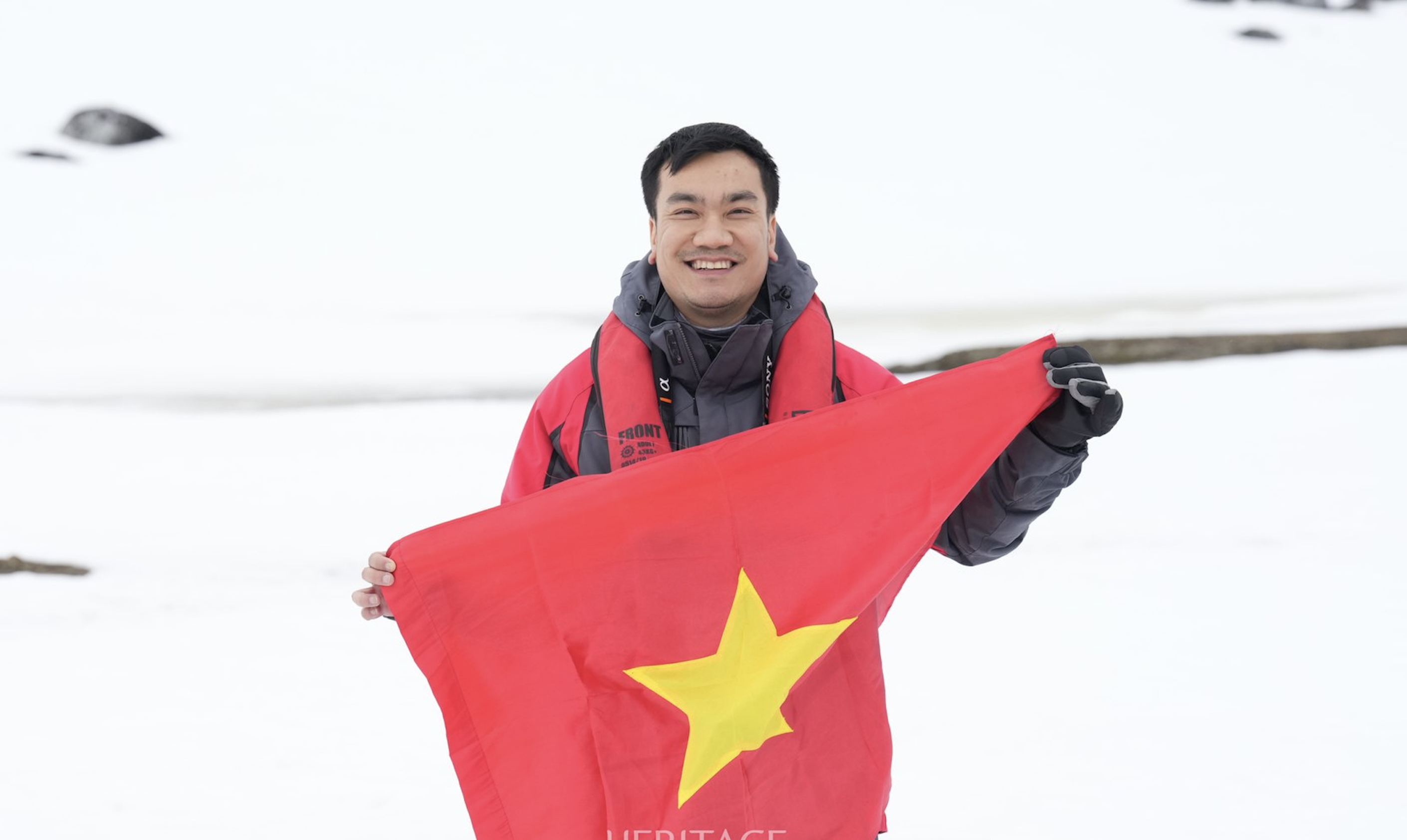
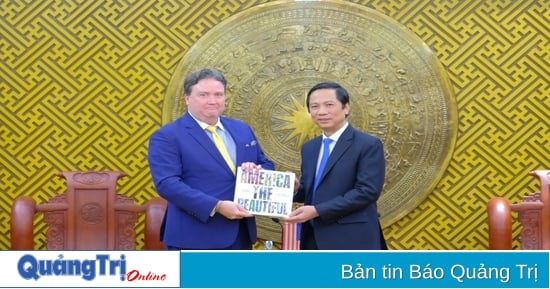

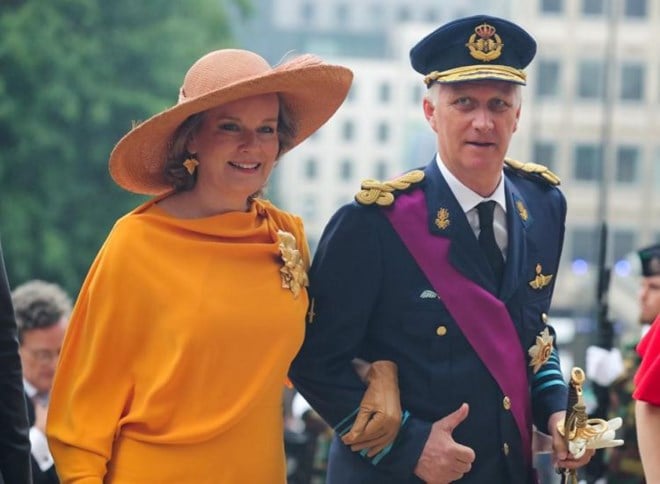

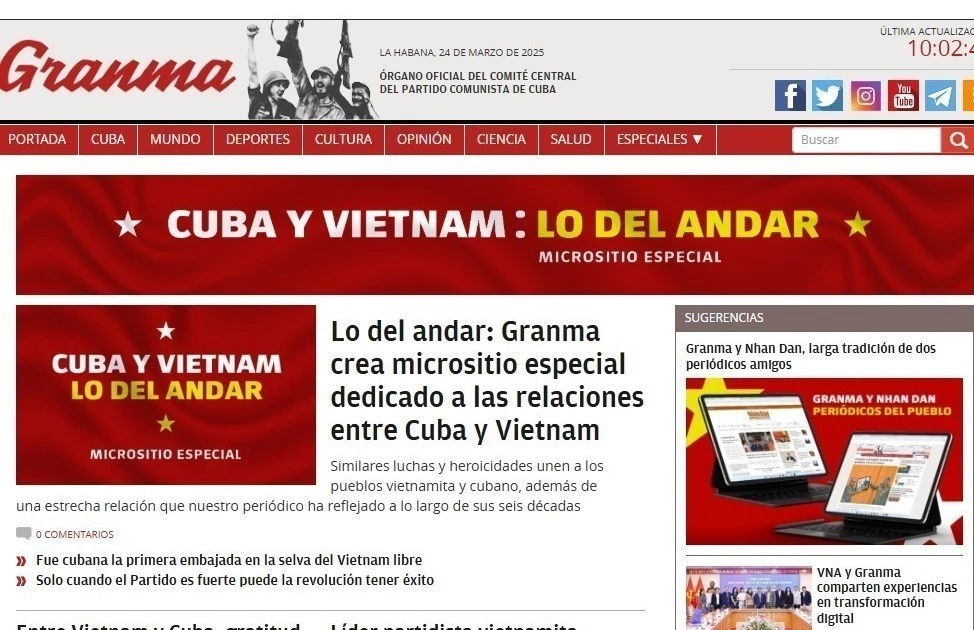

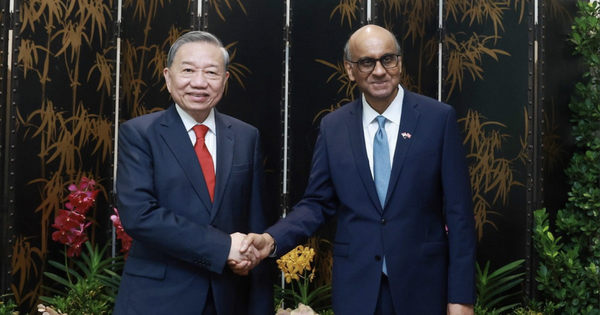

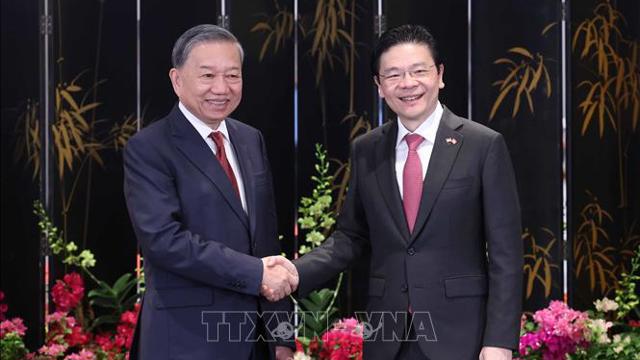

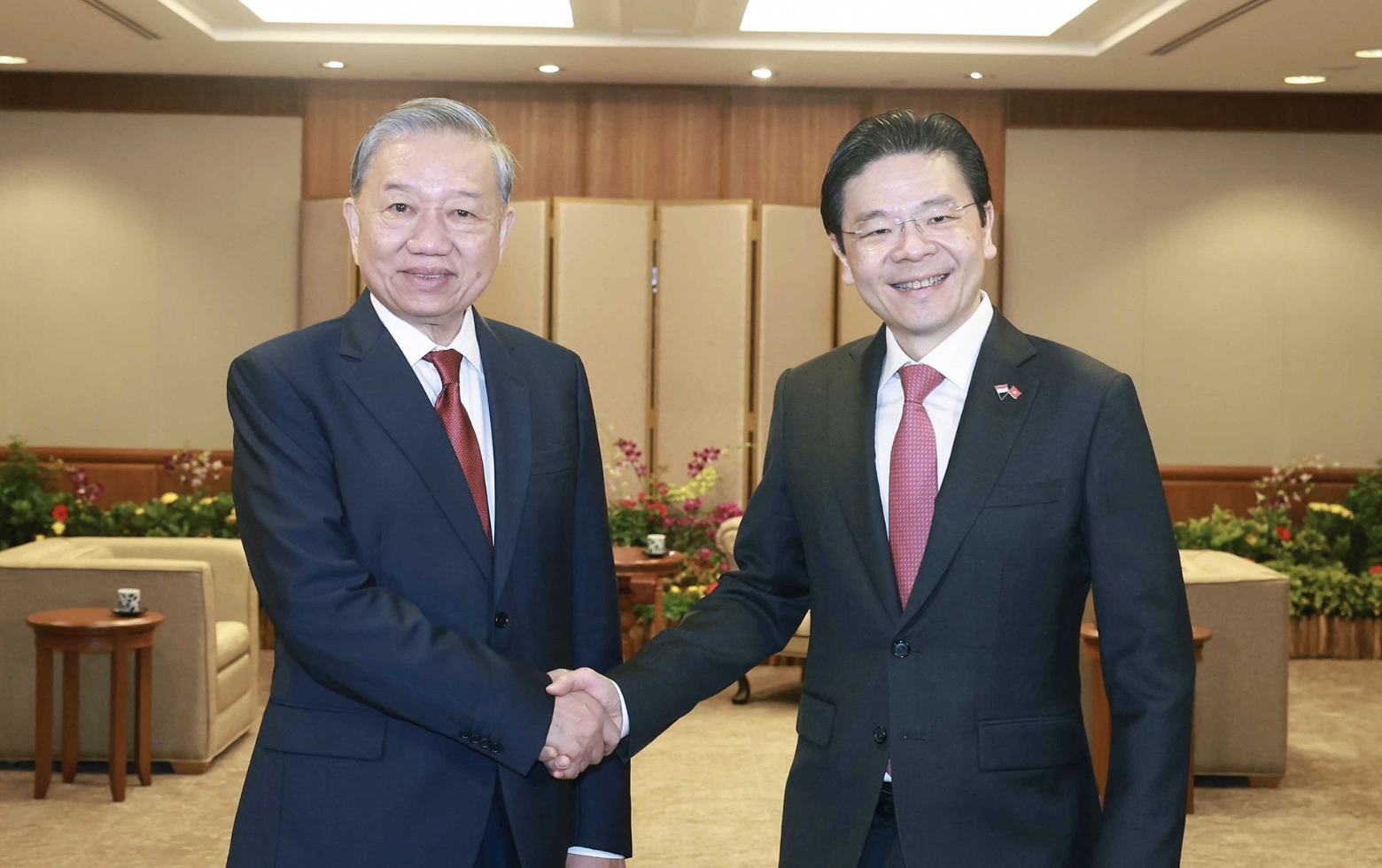

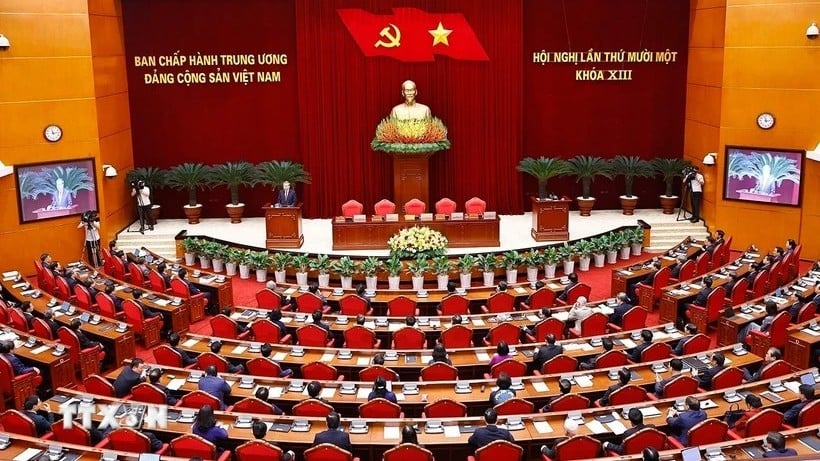












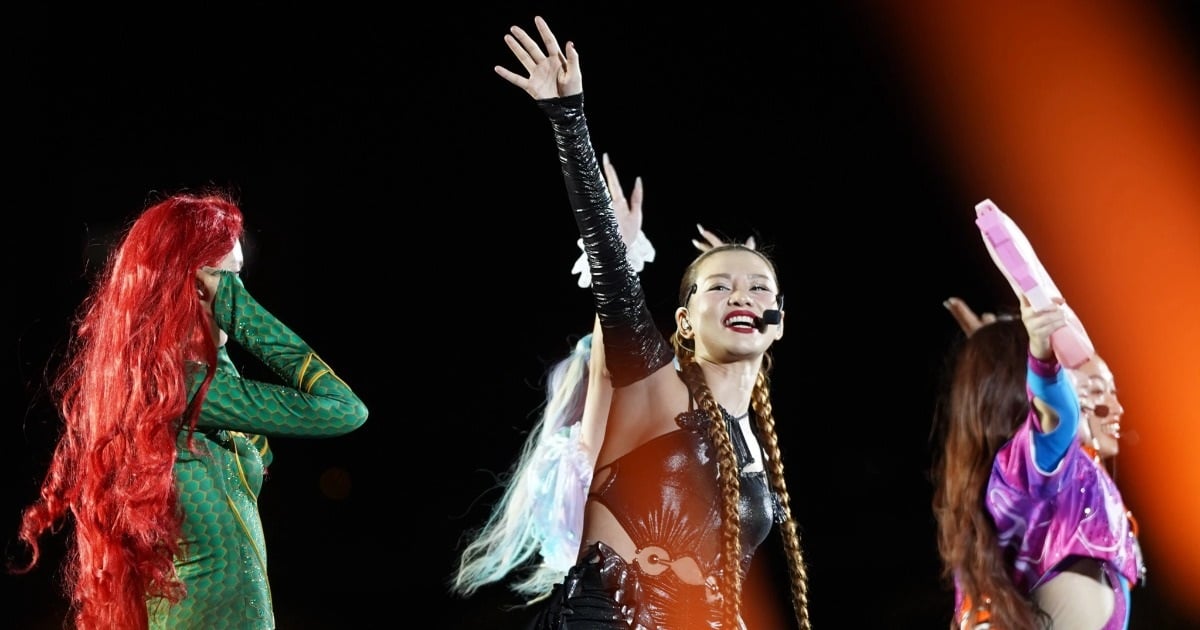

![[Photo] Overcoming all difficulties, speeding up construction progress of Hoa Binh Hydropower Plant Expansion Project](https://vstatic.vietnam.vn/vietnam/resource/IMAGE/2025/4/12/bff04b551e98484c84d74c8faa3526e0)

































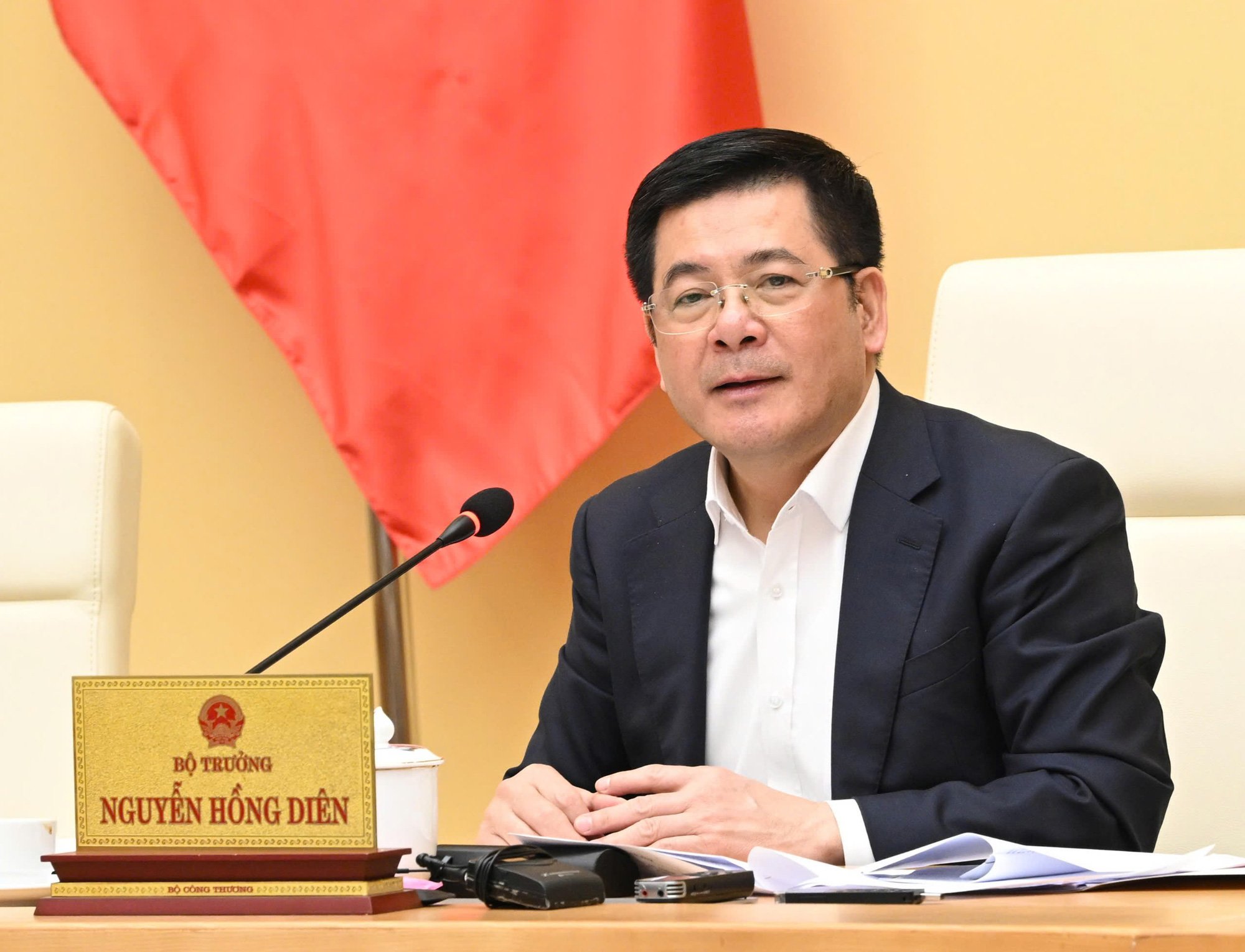
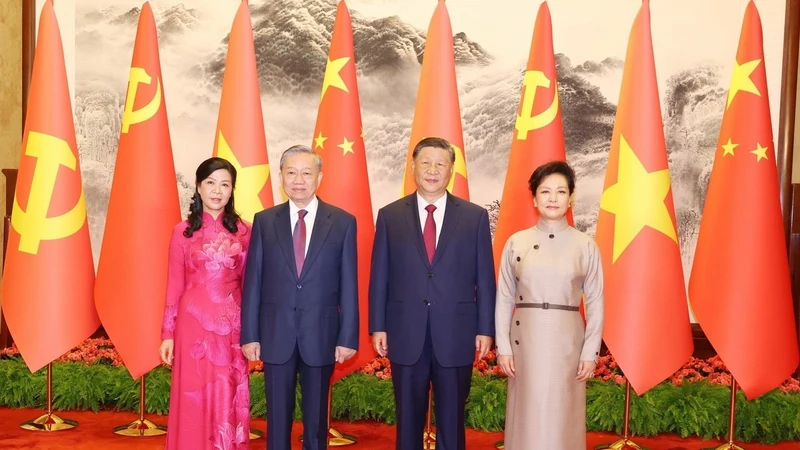










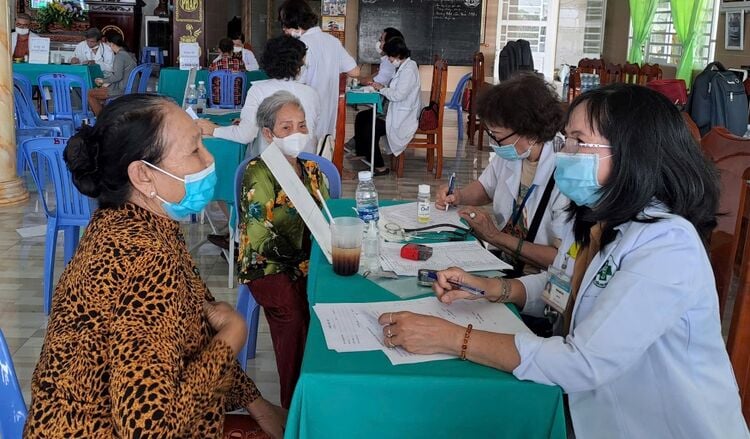

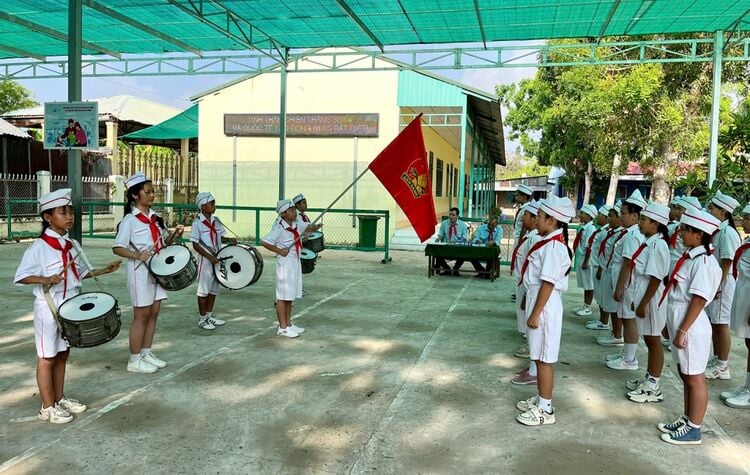
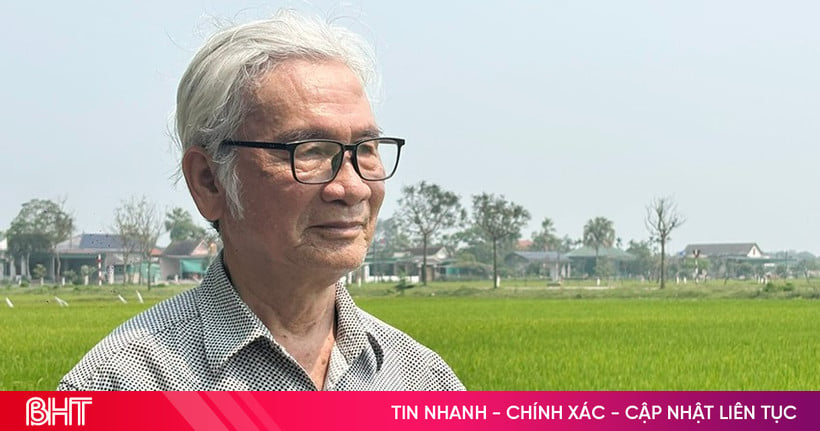

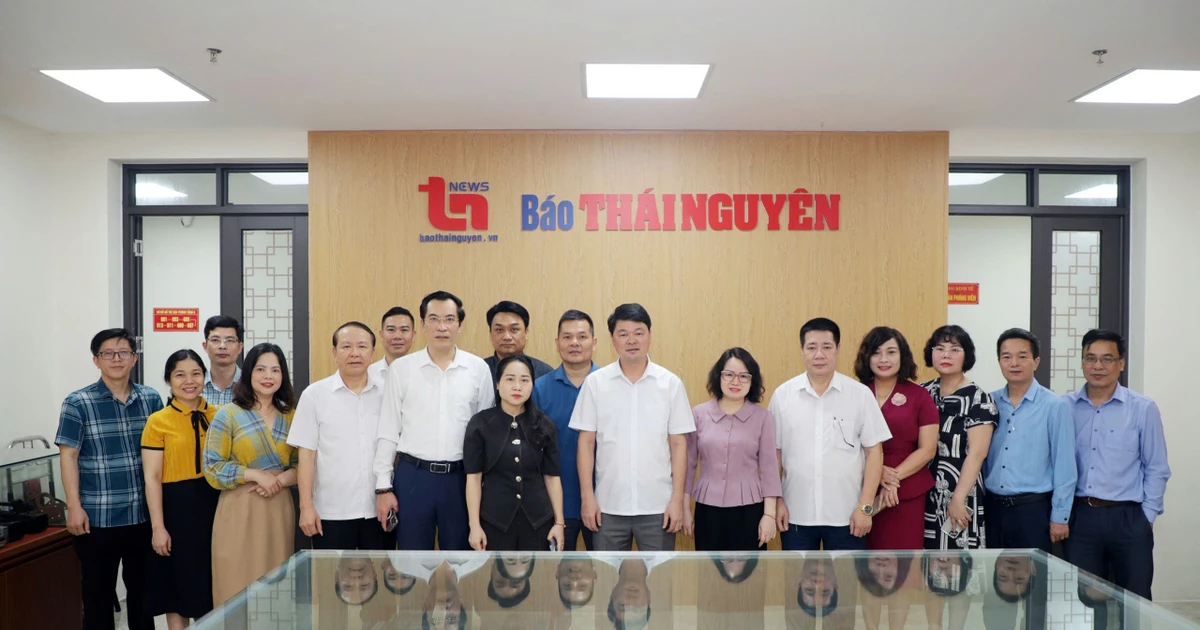












Comment (0)